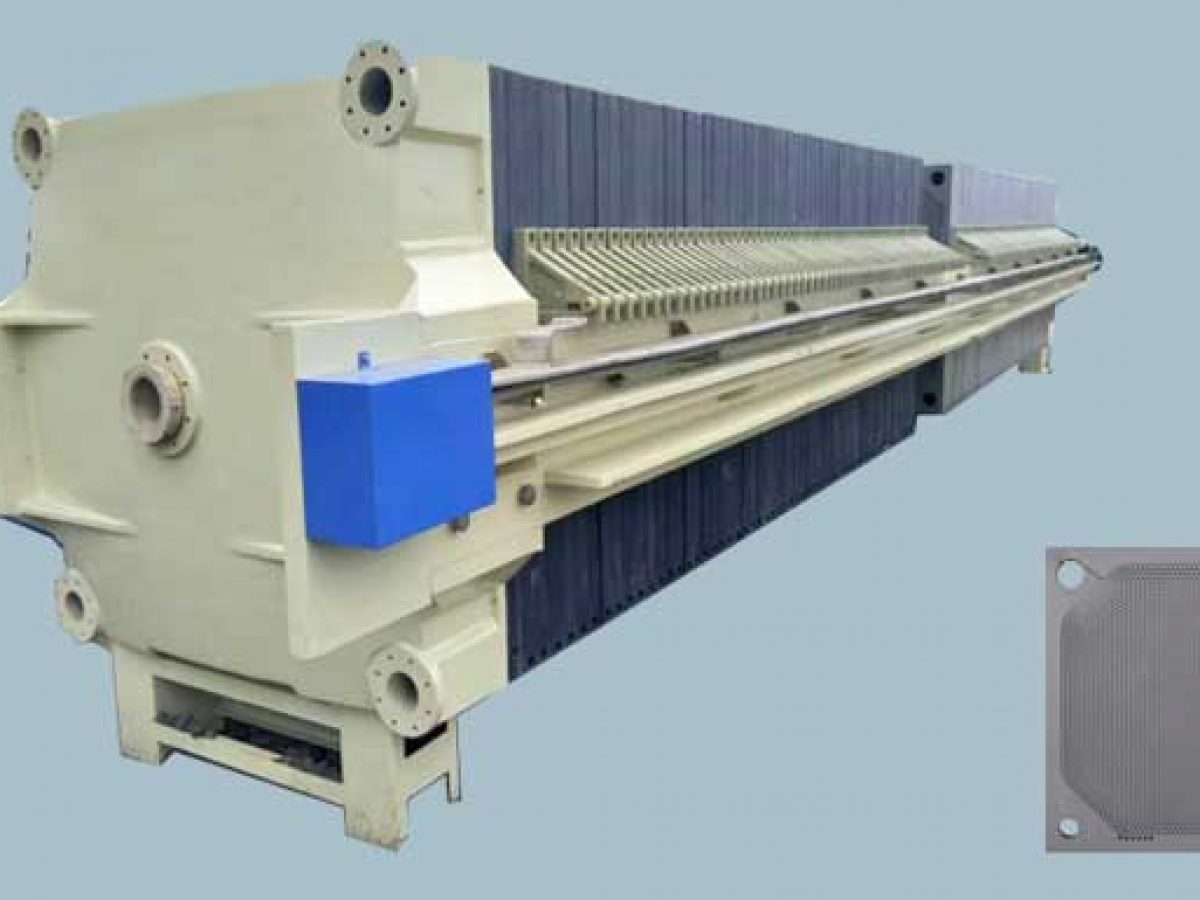Opting for the Right Separation Equipment

본문
When selecting the right filtration press for your industry, it's vital to consider the specific needs of your operation. Varying types of filtration presses are created to address the demands of various sectors, from industrial and wastewater treatment to food and pharmaceutical processing.
Sludge filtration systems are usually used for wastewater treatment and the separation of minor particle suspensions. These presses are designed with a solid frame and separating plates that are tightly sealed together, permitting for the effective separation of liquid from solid particles. Lesser cake filtration systems are often used in laboratory and small-scale applications, while larger units can be utilized in industrial settings.
Mist filtration systems are created for more complex applications requiring the separation of suspended particles at elevated temperatures and pressures. These presses are usually used in industries such as mining, oil and petrochemical production, and chemical processing. Slurry filtration systems often incorporate additional features such as heat exchangers and high-temperature plates to fulfill the requirements of these high-pressure applications.
The plate and frame type of filtration system is a well-known choice for various industries due to its versatility and efficiency. These presses consist of a series of sunken plates and frames that are bolted together, allowing for simple cleaning and maintenance. Plate and frame systems are widely used in wine, medicinal, and food processing applications due to their ability to deal with high-viscosity liquids and suspended particles.
Consider the size of the filtration press you need based on the volume of liquid you treat. Greater filter presses are often more cost-effective in the long run, as they minimize the need for frequent replacements and permit higher production capacities. However, lesser filter presses can be more effective and require less energy in certain applications.
It's also vital to consider about the material used to construct the filtration press, as different materials can affect its sturdiness and resistance to corrosion. Stainless steel and other compatible choices for applications involving high temperatures, abrasive liquids, or industrial solutions. For lower-risk applications, materials like polypropylene may be sufficient.

When evaluating the costs of a filter press suppliers in india press, consider the initial acquisition price as well as ongoing maintenance and replacement expenses. Servicing costs can be significant for certain types of filtration presses, particularly those requiring frequent plate replacement. Running expenses, including energy expenses and industrial usage, should also be factored into your overall expense analysis.
Selecting the right filtration press for your industry requires balancing a variety of considerations, from the type of application and required size to the choice of materials and factors for servicing and operation expenses. After balancing your options and balancing competing priorities, you can make an informed choice about which filtration press best meets the demands of your specific operation.

댓글목록0
댓글 포인트 안내